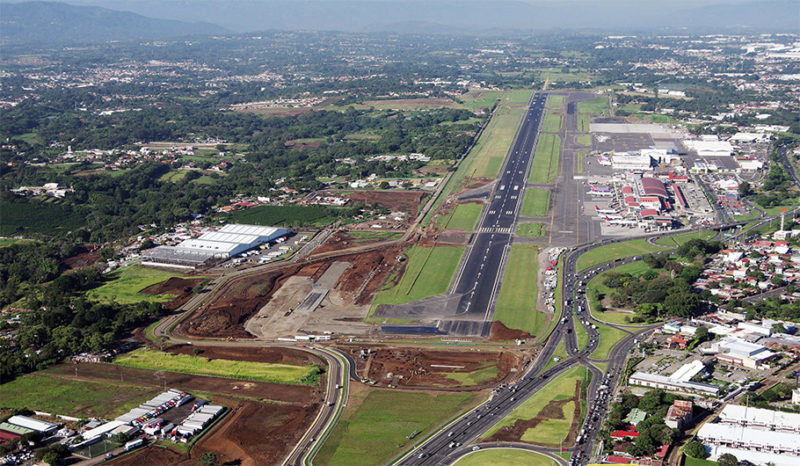The U.S. Department of Transportation’s Federal Aviation Administration (FAA) today announced that the Republic of Costa Rica does not comply with International Civil Aviation Organization (ICAO) safety standards and has been assigned a Category 2 rating based on a reassessment of the country’s civil aviation authority.
A Category 2 International Aviation Safety Assessment (IASA) rating means the country either lacks laws or regulations necessary to oversee air carriers in accordance with minimum international standards, or its civil aviation authority – a body equivalent to the FAA for aviation safety matters – is deficient in one or more areas, such as technical expertise, trained personnel, record-keeping, or inspection procedures. With a Category 2 rating, Costa Rica’s carriers can continue existing service to the United States. They will not be allowed to establish new service to the United States.
In 1996, Costa Rica was assigned an initial Category 1 rating, meaning the country’s Direccion General de Aviacion Civil (DGAC) complied with ICAO standards for aviation safety oversight. The FAA conducted an in-country reassessment of Costa Rica under the IASA program in October 2018, and met with the DGAC in February 2019 to discuss the results.
As part of the FAA’s IASA program, the agency assesses the civil aviation authorities of all countries with air carriers that have applied to fly to the United States, currently conduct operations to the United States, or participate in code-sharing arrangements with U.S. partner airlines, and makes that information available to the public. The assessments determine whether or not foreign civil aviation authorities are meeting ICAO safety standards, not FAA regulations.
A Category 1 rating means the country’s civil aviation authority complies with ICAO standards. With an IASA Category 1 rating, a country’s air carriers can establish service to the United States and carry the code of U.S. carriers. In order to maintain a Category 1 rating, a country must adhere to the safety standards of ICAO, the United Nations’ technical agency for aviation that establishes international standards and recommended practices for aircraft operations and maintenance.



